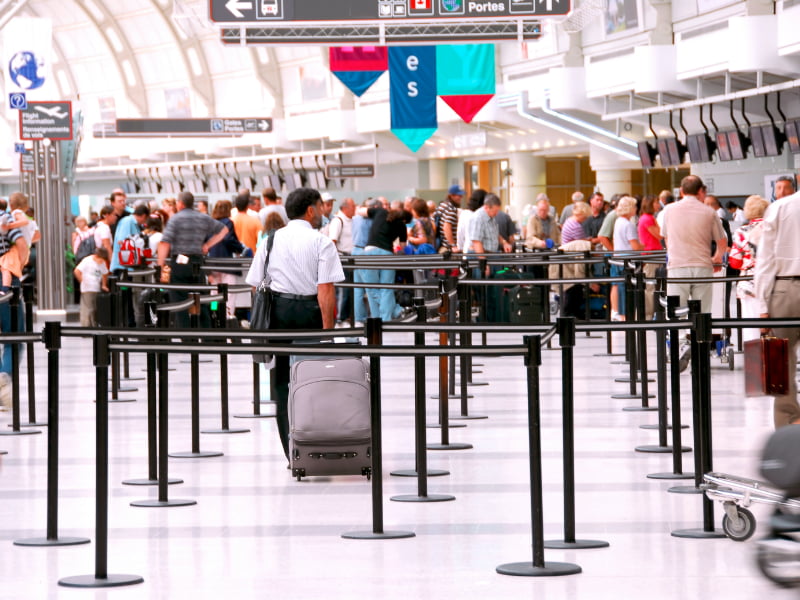
Firearms at Airports and Public Venues in Michigan
In the complex legal environment surrounding firearms, understanding the interplay between federal and state regulations is paramount. This is particularly true in areas such as airports and public venues in Michigan. In order to fully understand these regulations, it is important to examine them in detail, with the perspectives of travelers, law enforcement, venue operators, and legal professionals.
Airports: Navigating Federal and State Laws
Transportation Security Administration (TSA) Regulations
The Transportation Security Administration (TSA) is the primary regulatory body dealing with firearms and ammunition in commercial airports. Their authority to regulate secure areas of airports stems from federal law, which means possessing firearms in violation of federal regulations is strictly prohibited and could lead to serious federal penalties, including steep fines and even prison time. It is therefore vital for gun owners to understand these rules before entering airports and airport property.

Declaration: Travelers must declare all firearms and ammunition to the airline during the ticket counter check-in process. This includes firearm parts and replicas.
Packaging: Firearms must be unloaded and locked in a hard-sided container. Only the passenger should retain the key or combination to the lock.
Ammunition: Ammunition must be securely packed in fiber, wood, or metal boxes or other packaging specifically designed to carry small amounts of ammunition.
Carry-On Prohibition: Firearms and ammunition are prohibited in carry-on baggage and must be transported in checked bags.
Local Compliance: Travelers must comply with the laws concerning firearm ownership, possession, and transport in the jurisdictions of both departure and arrival airports.
TSA Inspection: Firearms are subject to inspection by TSA officials. If a locked container alarms during screening, the traveler may be called upon to unlock it for inspection.
Airlines and Local Regulations: Individual airlines may have additional rules, and local laws can vary widely, so travelers must comply with all relevant regulations in addition to TSA rules.
Stun Guns and Self-Defense Sprays: Certain self-defense items are subject to specific regulations as well, so travelers should consult with the TSA guidelines if planning to transport these items.
Michigan Penal Code
In addition to TSA regulations, Michigan also has its own regulations concerning firearms in airports and in sensitive locations. Section 750.237a permits CPL holders to possess firearms in non-secure areas but requires compliance with TSA regulations in secure zones. For example, this means a permit holder may have a firearm on their person in a vehicle, such as picking up or dropping off another individual, but they are not allowed to carry their firearm into airport facilities or on airport grounds.
Firearms at Public Venues
In the state of Michigan, the legalities surrounding the carrying of firearms at public venues can be complex and are subject to both state and federal laws. Generally speaking, Michigan recognizes the right to openly carry a firearm in public places, including some public venues, provided the individual is in legal possession of the firearm.
However, concealed carry requires a Concealed Pistol License (CPL), and even with this license, there are restrictions. Firearms are typically prohibited in specific locations such as schools, childcare centers, bars, churches, hospitals, entertainment facilities that seat 2,500 or more, and other designated areas subject to change in the law.
Private property owners also have the right to prohibit firearms on their premises. Michigan law does have preemption for firearms, meaning that local municipalities cannot create firearms laws more restrictive than the state. If questions arise regarding this, it is highly recommended that individuals consult with a criminal law expert specializing in firearms regulations to understand the precise restrictions for carrying firearms in public venues within Michigan.




